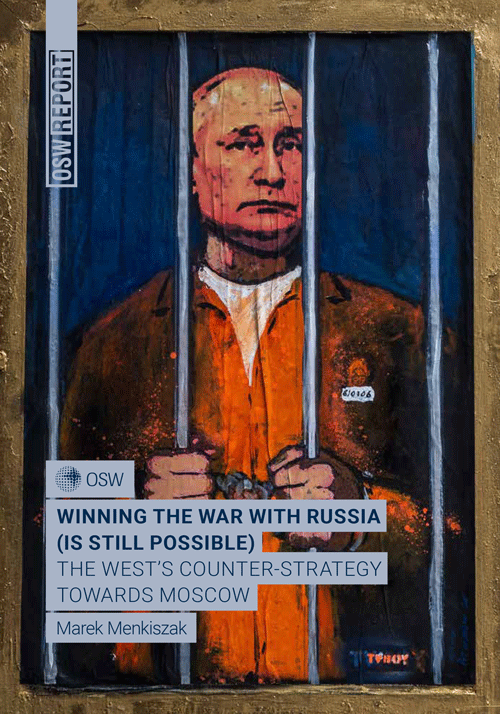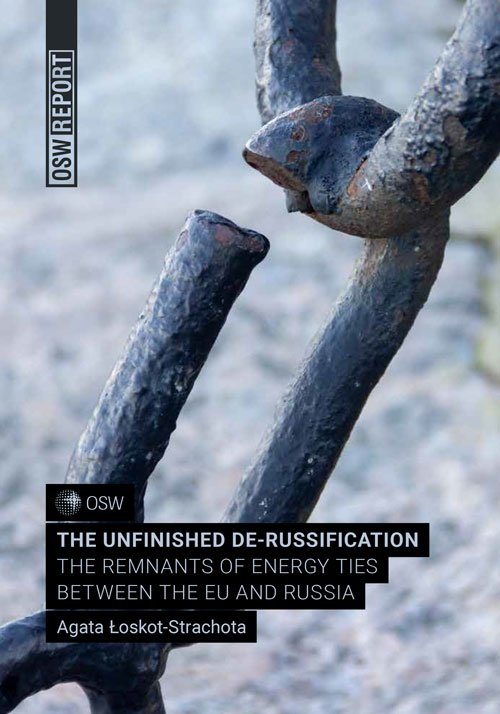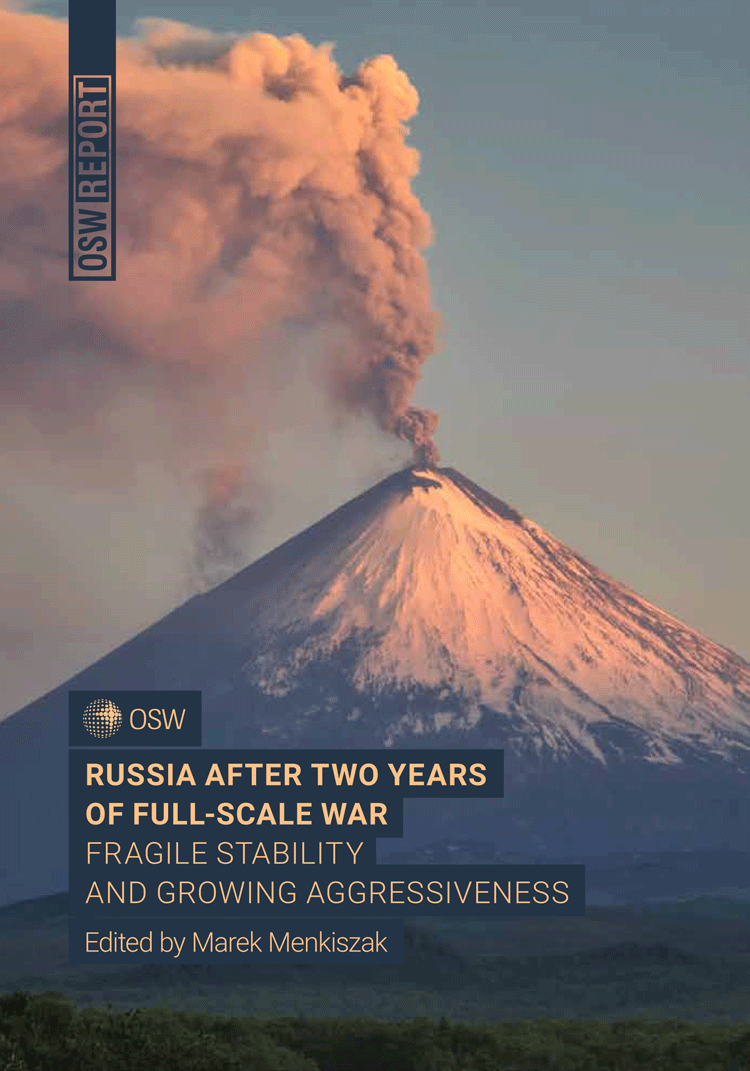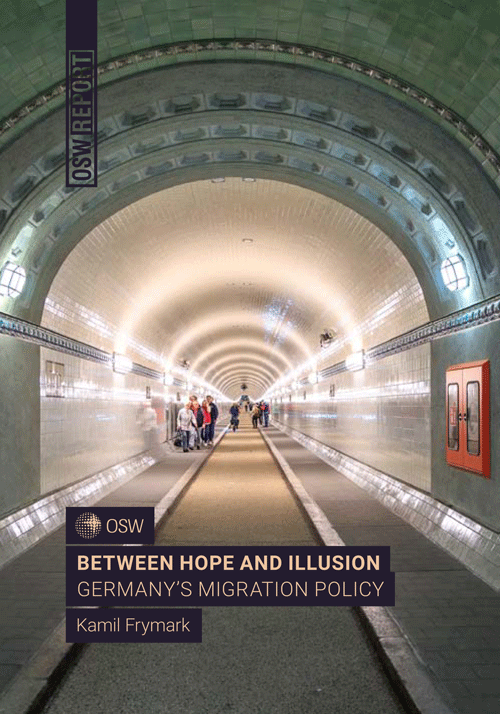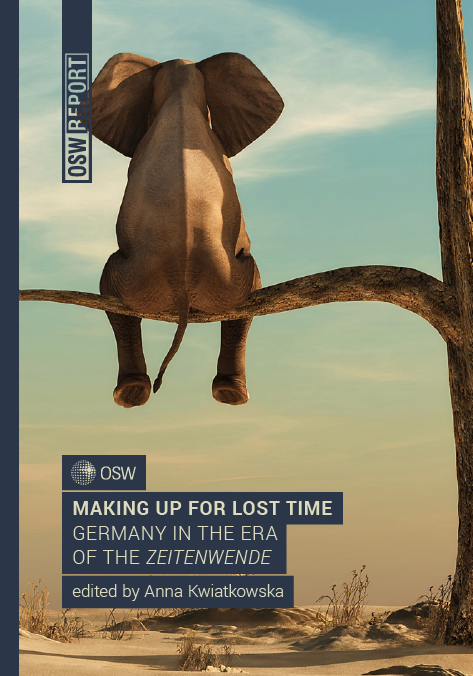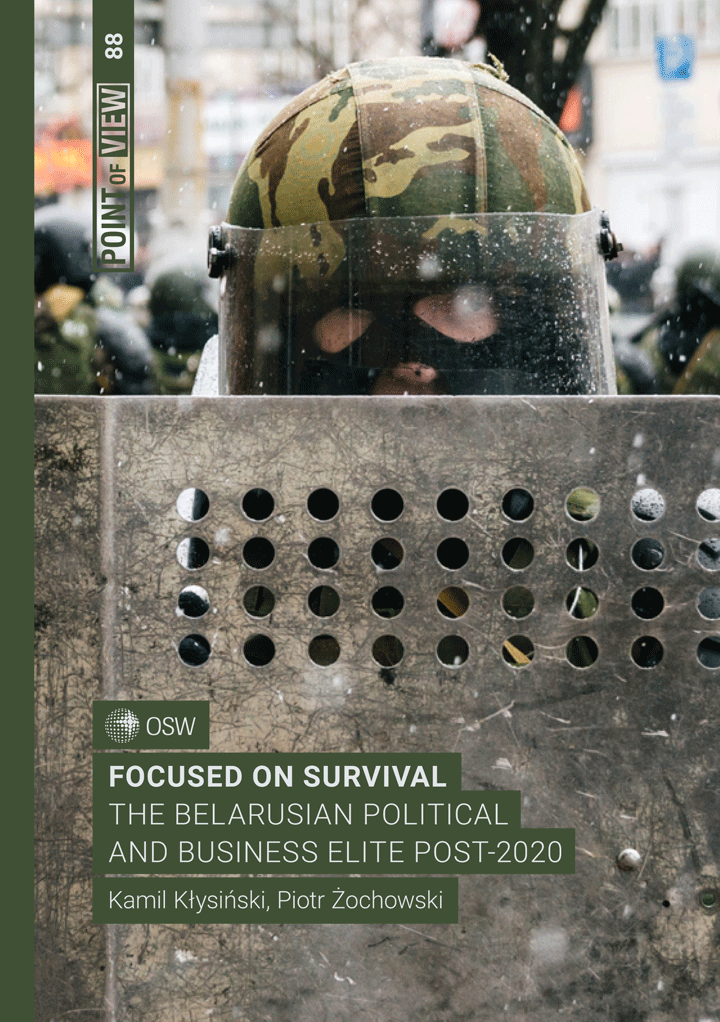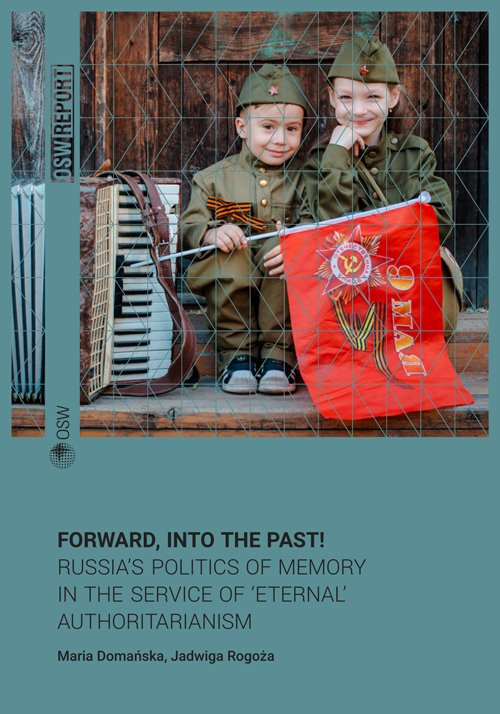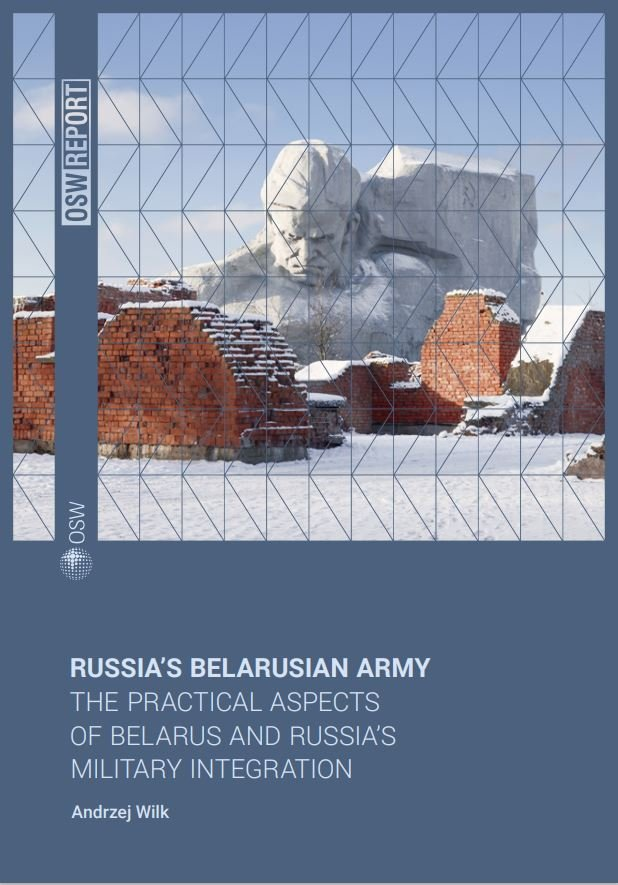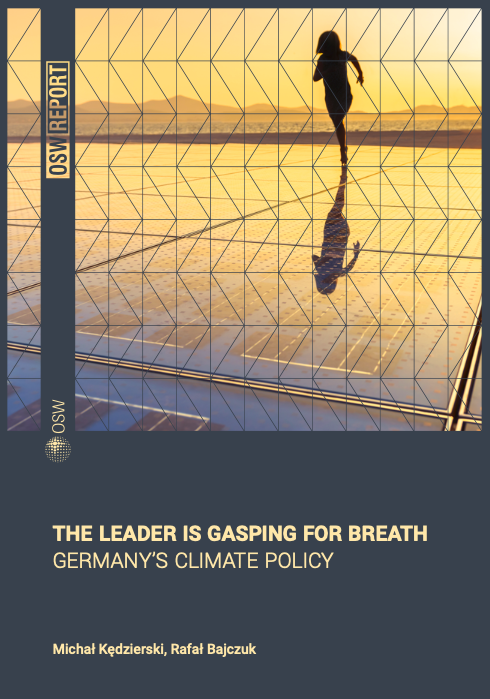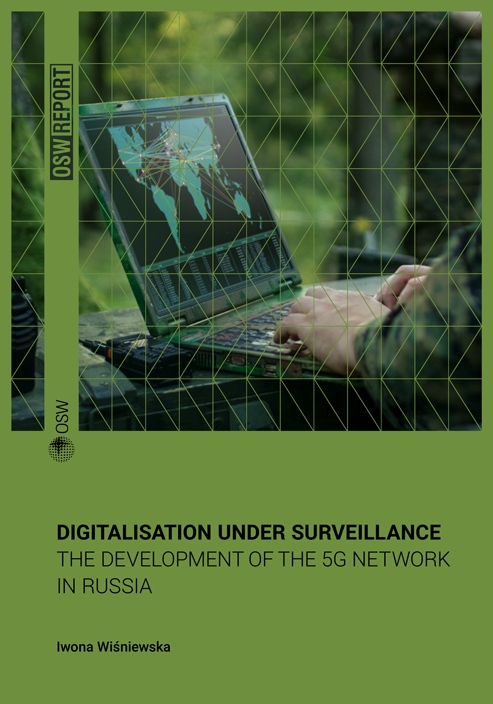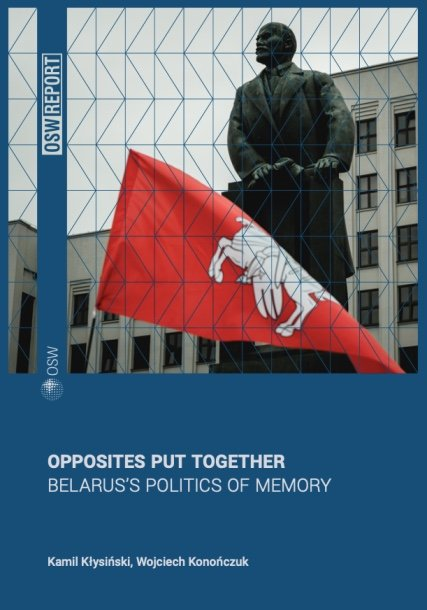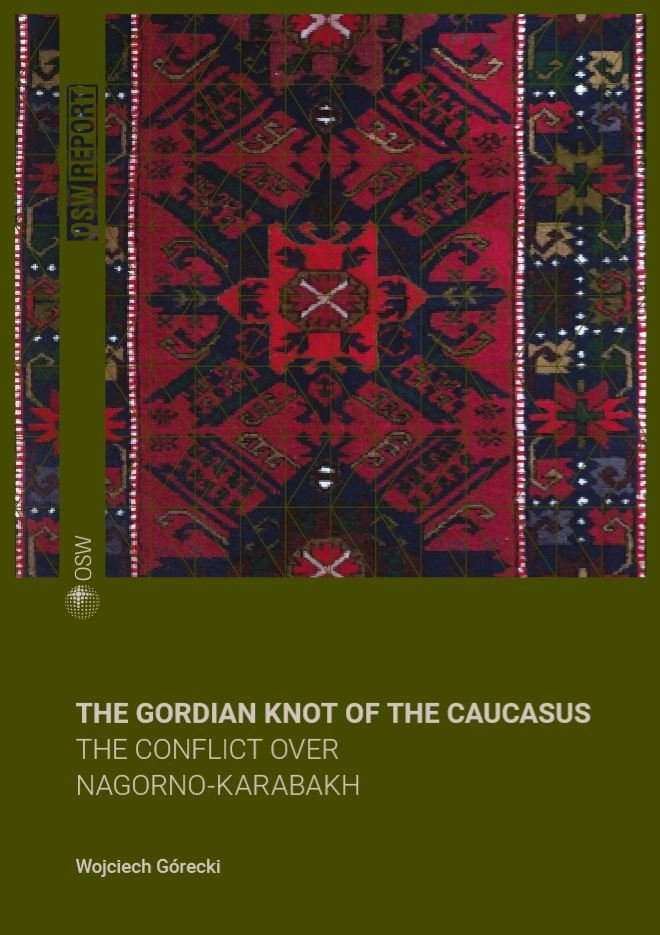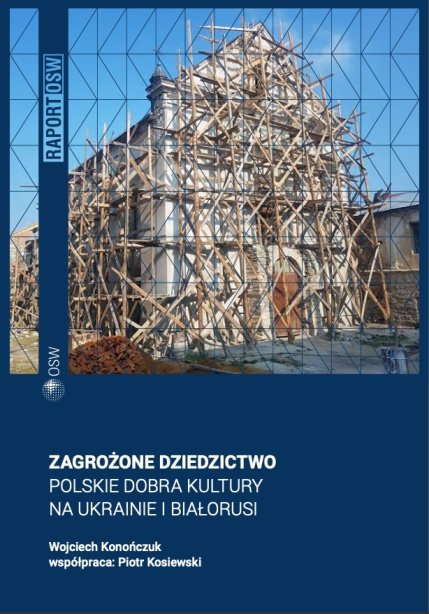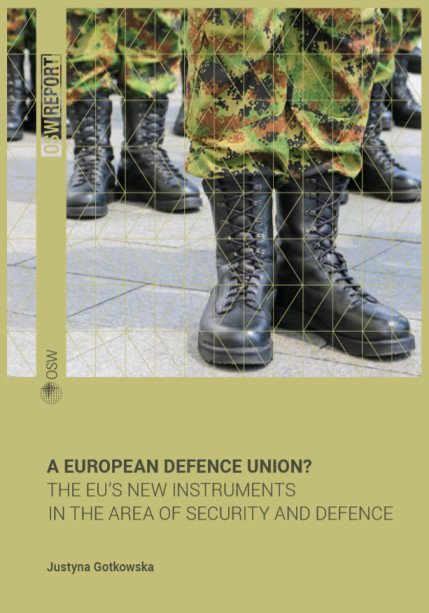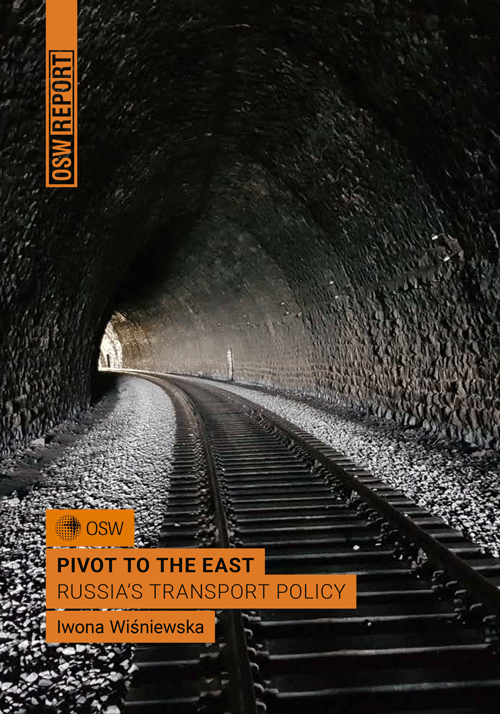
Pivot to the east. Russia’s transport policy
Pivot to the east. Russia’s transport policy
Keywords: Russia’s transport policy
As a result of Russia’s aggression against Ukraine, which has been ongoing since 2014, and the ensuing Western sanctions, Russia has reoriented its foreign trade towards the East. This is a permanent shift which stems from Russia’s security objectives. Therefore, the Kremlin aims to further reduce Russia’s dependence on economic ties with Europe and to intensify cooperation with Asian countries. The reorientation of trade and the necessity to prioritise deliveries for the military have become serious challenges for the country’s transport sector. From the Kremlin’s perspective, the primary role of freight transport infrastructure is to ensure the diversification of export routes, particularly for energy resources. Consequently, the government has prioritised projects to expand the country’s railway and port networks in the Russian Far East and the border infrastructure with China. Nevertheless, Russia is striving to develop all alternative transport routes leading directly to the countries of the Global South, including the North–South Corridor and the Northern Sea Route.
More...
